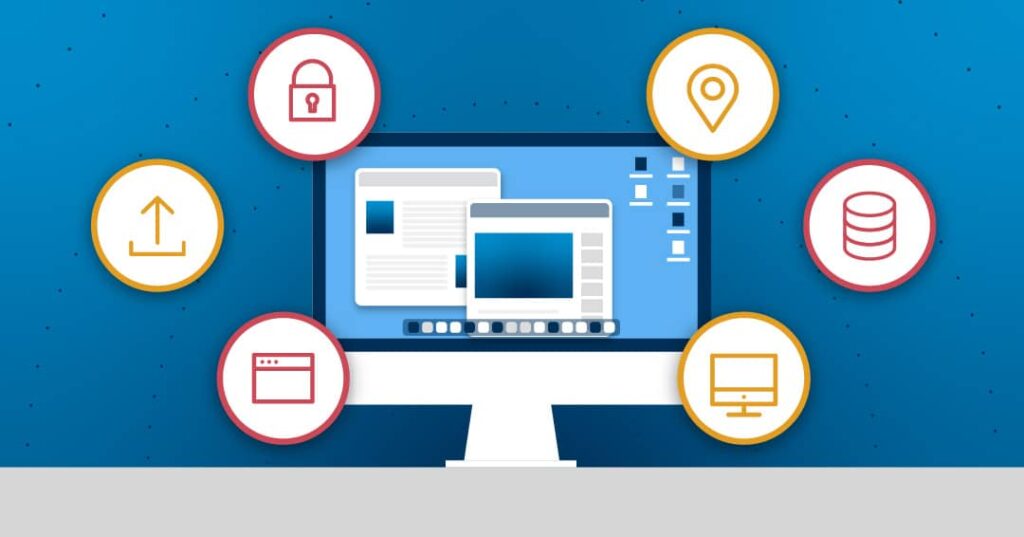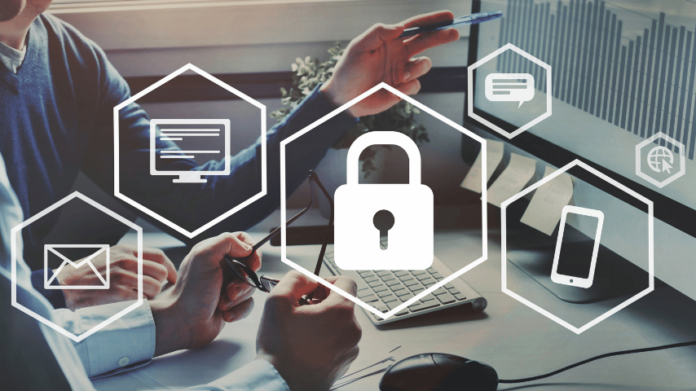In today’s digital world, data privacy has become a critical concern for individuals and organizations alike. As cyberattacks grow more sophisticated, safeguarding personal and sensitive data is essential for maintaining trust and compliance with regulations. In this article, we will explore the importance of data privacy, the challenges it presents, and strategies to enhance protection in the context of cybersecurity.
What is Data Privacy?
Data privacy refers to the practice of protecting personal and sensitive information from unauthorized access, use, or disclosure. It involves the implementation of policies, regulations, and technologies that control how data is collected, stored, and shared. In the realm of cybersecurity, data privacy is crucial for preventing identity theft, financial fraud, and other forms of cybercrime.
The Growing Importance of Data Privacy
With the increasing amount of data being generated and stored online, data privacy is more important than ever. Companies are collecting vast amounts of information from users, ranging from basic personal details to more sensitive data like financial information and health records. Mismanagement of this data can lead to significant breaches, resulting in legal penalties, financial losses, and damaged reputations.
Data Privacy Laws and Regulations
Governments around the world have recognized the importance of data privacy and have introduced laws to protect consumers. Regulations such as the European Union’s General Data Protection Regulation (GDPR) and the United States’ California Consumer Privacy Act (CCPA) impose strict rules on how companies handle personal data. Non-compliance can result in hefty fines and legal consequences.
Challenges to Ensuring Data Privacy
Ensuring data privacy is not without its challenges. The increasing sophistication of cyberattacks, the growing number of connected devices, and the sheer volume of data make it difficult for organizations to maintain strong privacy protections. Additionally, human error, such as misconfigurations or careless handling of data, can lead to breaches.

Emerging Threats to Data Privacy
Cybercriminals are constantly evolving their tactics to exploit vulnerabilities in systems. Some of the emerging threats include ransomware attacks, where data is encrypted and held hostage until a ransom is paid, and phishing schemes that trick individuals into revealing sensitive information. These threats require constant vigilance and updated cybersecurity measures to prevent breaches.
Strategies for Enhancing Data Privacy
To enhance data privacy and protect against cyberattacks, organizations and individuals can implement several key strategies. These include encryption, access control, and regular audits to ensure compliance with privacy laws.
Encryption and Access Control
Encryption is one of the most effective ways to protect sensitive data. By converting data into a secure format that can only be accessed by authorized users, encryption prevents unauthorized parties from viewing or tampering with information. Additionally, access control measures ensure that only those who need to use certain data have the necessary permissions, reducing the risk of exposure.
The Role of Cybersecurity in Data Privacy
Cybersecurity and data privacy are deeply interconnected. Effective cybersecurity measures, such as firewalls, intrusion detection systems, and multi-factor authentication, help ensure that personal data remains secure. A robust cybersecurity strategy is essential for maintaining data privacy in an increasingly connected world.
Conclusion
Data privacy is a vital component of cybersecurity and must be prioritized to protect individuals and organizations from the growing risks of cyberattacks. By implementing strong privacy policies, complying with data protection laws, and utilizing advanced cybersecurity tools, organizations can better safeguard sensitive information and maintain trust with their users. As threats continue to evolve, staying informed and proactive about data privacy is essential for minimizing risks and ensuring long-term security.


